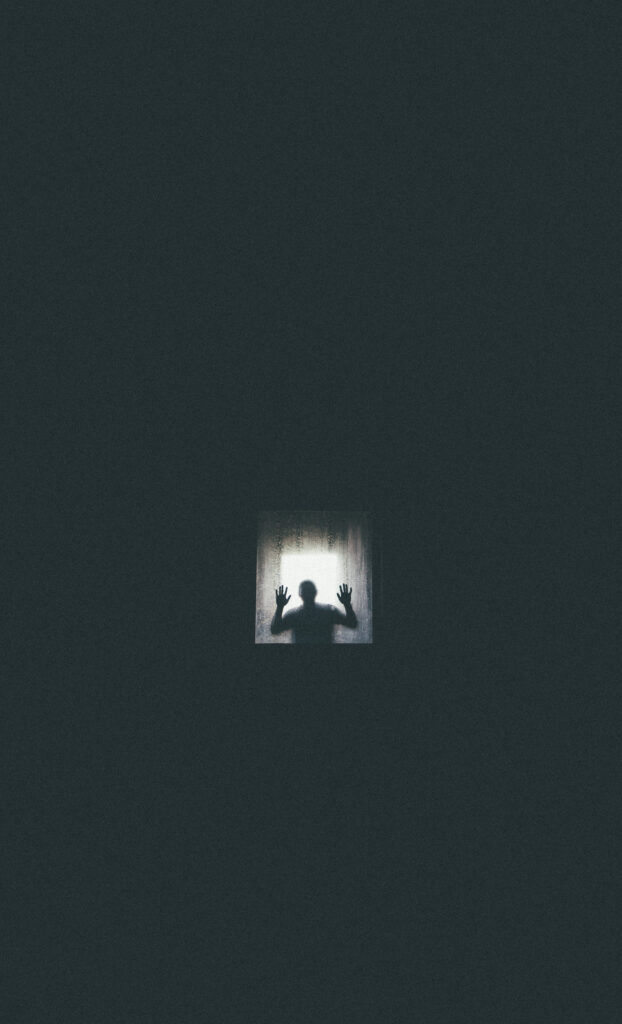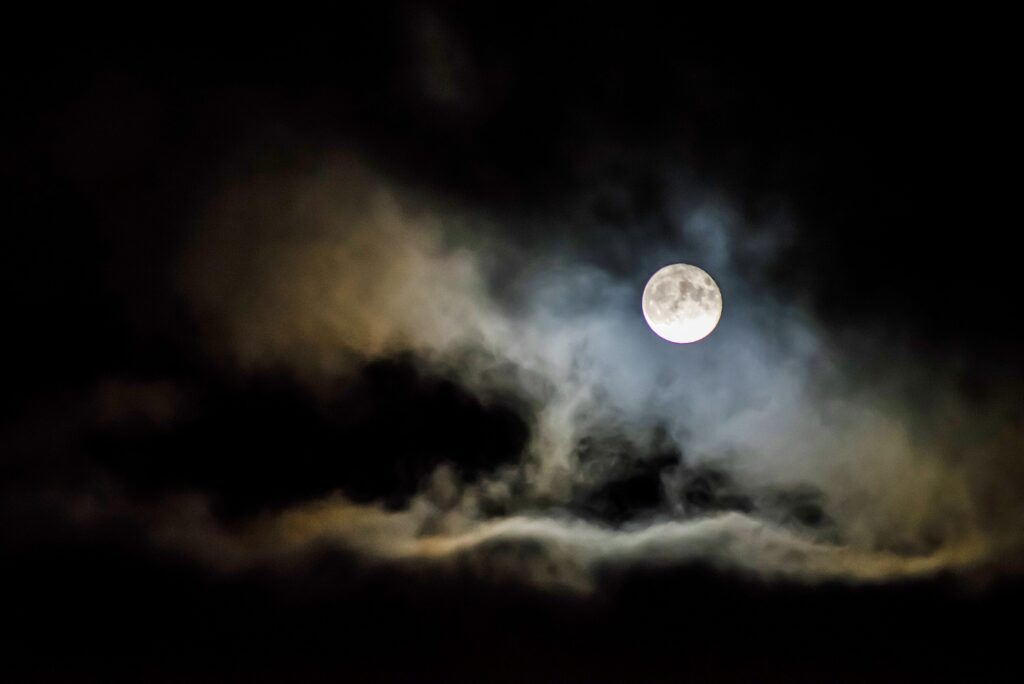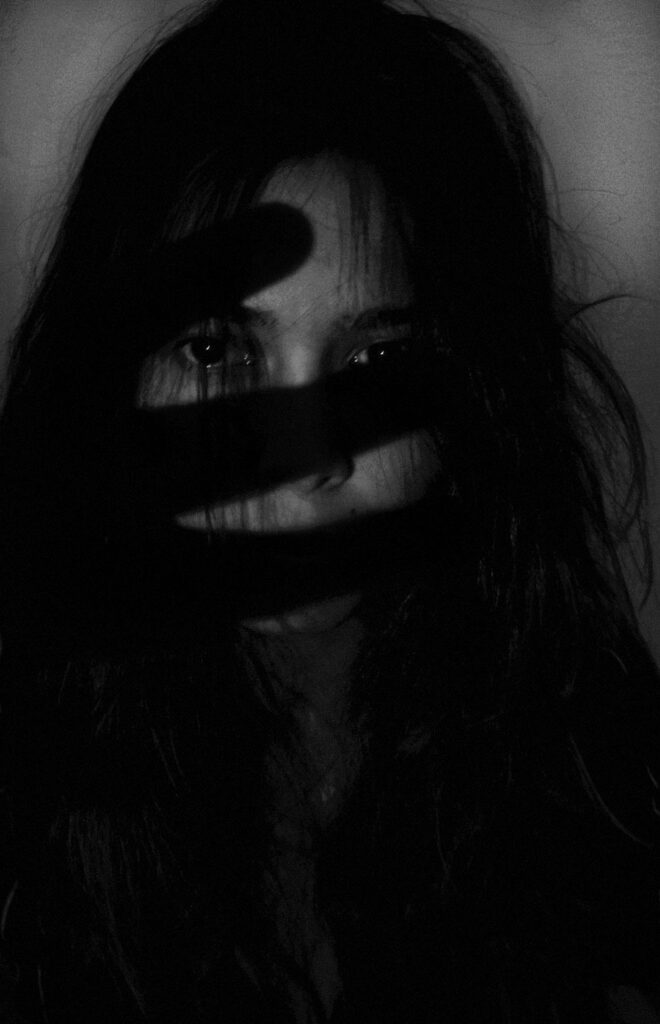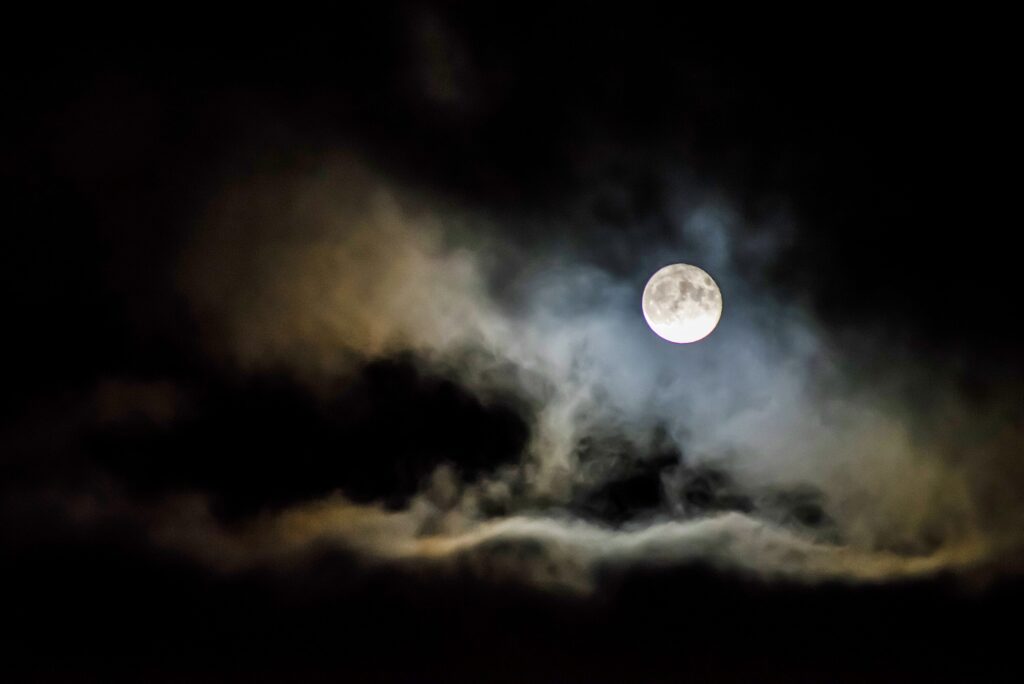From Pagan Feasts to Pop Culture Parties: The Evolution of Halloween Celebrations through Societal Shifts
Imagine you’re taking a magical journey back in time, seeing people celebrate Halloween in many different ways. In the very old days, people used to have a festival called a Pagan Feast to mark the start of winter. Just like your Halloween today, they dressed up, but they were trying to scare away ghosts, not just have fun! As times changed, so did Halloween. People started to throw parties with their friends, go trick-or-treating, and watch scary movies. The way we celebrate Halloween today is a lot different from those old Pagan Feasts. The story you’re about to read is about this journey of Halloween, from the ancient Pagan Feasts to the fun parties we have today.

This image is property of images.pexels.com.
Origins of Halloween in Pagan Rituals
Halloween is not a new holiday. It started many, many years ago with a people called the Celts. They lived a long time ago in places we now know as Ireland, the United Kingdom, and northern France.
Celtic festival of Samhain
The Celts had a very important festival called Samhain. It happened at the end of October, just like Halloween. They believed that on this day, the ghosts of people who had passed away would come back to visit. It was a little bit scary, but also an exciting time.
Beliefs and practices during Samhain
During Samhain, the Celts would wear costumes, usually made of animal heads and skins. They did this to try and trick the ghosts. They also lit big bonfires and made special foods. It was a big celebration.
How the Romans influenced the festival of Samhain
A long time ago, the Romans conquered many lands including those of the Celts. They also had a festival around the same time, but it was to celebrate the harvest. Eventually, they started to combine their own traditions with the Celtic festival of Samhain.
Christianity’s Adoption and Transformation of Halloween
As the years went on, the church became more and more powerful. They wanted to change the Samhain festival into something more Christian.
All Saints’ Day and All Souls’ Day
The church introduced All Saints’ Day and All Souls’ Day. These days were meant to remember all the saints and souls who had passed away. These days were also celebrated at the end of October and the beginning of November, around the same time as Samhain.
Halloween in the Middle Ages
During the Middle Ages, the night before All Saints’ Day became known as All Hallows’ Eve, and eventually, Halloween. People would still wear costumes and have celebrations, but it was more about honoring the saints and souls.
Church’s effort to replace pagan festivals with Christian holidays
The church tried very hard to turn the pagan festival of Samhain into a Christian holiday. But even though they changed the name and the reasons for the celebration, many of the original traditions stayed the same.

This image is property of images.pexels.com.
Colonial Influence on Halloween Traditions
When people from Europe came to America, they brought their traditions with them, including Halloween.
First mention of Halloween in America
The first time Halloween was mentioned in America was in the mid to late 1800s. It was not very popular at first, but soon people started to celebrate it.
Combination of various European customs
In America, Halloween became a mix of different European traditions. People would celebrate the harvest, have bonfires, and tell ghost stories.
Impact of Native American harvest celebrations
The Native Americans also had their own harvest celebrations. These traditions influenced Halloween in America, adding to the mix of customs.
Evolution of Halloween During the Victorian Era
As time went on, Halloween changed to fit the times.
Influence of Irish and Scottish immigrants
Irish and Scottish immigrants brought new traditions to Halloween. They introduced the idea of trick-or-treating.
Romanticizing and domesticating Halloween
In the Victorian era, Halloween became a more family-friendly holiday. It was less about scary ghosts and more about spending time with family and friends.
Introduction of Halloween parties and games
Halloween parties became popular during this time. People would also play games, like bobbing for apples.

This image is property of images.pexels.com.
Halloween in the Modern Era
Today, Halloween is a big celebration that a lot of people enjoy.
Commercialization of Halloween
Halloween has turned into a big business. Companies make and sell costumes, decorations, and lots and lots of candy!
Introduction of mass-produced costumes
Instead of making their own costumes like the Celts did, people now buy costumes from the store. There are so many different options to choose from!
Halloween as a community celebration
Halloween is also a time for the community to come together. Many neighborhoods have special celebrations and children go from house to house trick-or-treating.
Pop Culture’s Influences on Halloween
Movies, TV shows, and social media have also influenced Halloween.
Media impact on Halloween. Horror movies and literature
Horror movies have made some Halloween costumes very popular. And ghost stories, which have been a part of Halloween for a long time, are now often in books and on TV.
Celebrity Halloween costumes
Celebrities often have very creative Halloween costumes. A lot of people look to them for ideas on what to dress up as.
Role of Social Media in Halloween celebrations
These days, people like to share their Halloween celebrations on social media. It’s a way for people all over the world to share in the fun.
Halloween Celebrations Around the World
Halloween is now celebrated in many different countries, each with their own traditions.
Halloween in non-western countries
In some countries, Halloween is a new tradition. They have their own way of celebrating, often blending their own customs with those of Halloween.
Adoption and adaptation of Halloween traditions
Many countries have adopted Halloween traditions, but made them their own. For example, in Mexico, they celebrate the Day of the Dead, which is similar to Halloween but also very unique.
Globalization’s impact on Halloween
As people and ideas move around the world, holidays like Halloween also spread. This is called globalization. It’s why we now have Halloween celebrations in so many different places.
Halloween’s Significance in Society
Halloween is more than just a fun holiday. It’s a part of our society and can tell us a lot about who we are.
Halloween as social commentary
Sometimes, people’s costumes can tell us about what is going on in the world. They can be a fun way to talk about serious topics.
Halloween and identity exploration
On Halloween, you can be whoever you want to be. It’s a chance to explore different identities and to be creative.
Halloween’s economic significance
Halloween also helps our economy. When we buy costumes, decorations, and candy, it helps businesses and creates jobs.
Controversial Aspects of Halloween
Halloween is a lot of fun, but some people do have concerns.
Debate on celebrating ‘dark’ holiday
Some people worry that Halloween is too focused on scary and dark things. They think it might not be suitable for children.
Cultural appropriation issues during Halloween
Sometimes, people’s costumes can be insensitive to other cultures. This is something we need to be aware of and avoid.
Concerns over child safety during trick or treating
Parents always want their children to be safe. That’s why it’s important to stay together and be careful when going trick-or-treating.
The Halloween Junkie Take
Halloween is like a candy-filled ride through history. You can be a spooky ghost, a brave knight, or even your favorite movie character. All the while, you’re part of a tradition that’s been going on for thousands of years, transforming from a scary pagan ritual to a community celebration. So why do we still love Halloween? Well, in a world where adulting can be scary, Halloween allows us to embrace the fear, laugh at it, and take home some candy as a reward. It’s also a reflection of change, a mirror of our society, and a window into our collective soul. And let’s not forget, it’s just plain fun!

